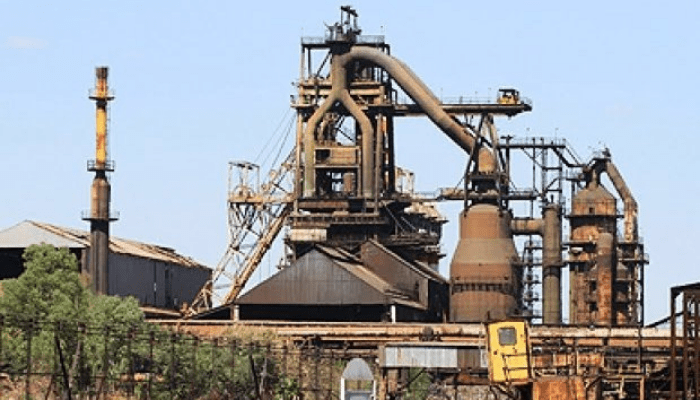1K
By Oscar Okhifo
A member of the House of Representatives Hon. Sani Egidi Abdulraheem, has reassured constituents and Nigerians that the long-abandoned Ajaokuta Steel Company will soon be revived, dismissing billionaire Aliko Dangote’s recent remark that the project is a “graveyard” that will never work.
Speaking during Nigeria’s 65th Independence anniversary, Abdulraheem, who represents Ajaokuta Federal Constituency, Kogi State urged Nigerians to keep faith with the Federal Government’s plans.
He praised President Bola Tinubu for his commitment to resuscitating the steel giant, saying Ajaokuta will “come alive again, this time for real.”
The lawmaker, however, berated Dangote’s comments as “reckless and provocative,” cautioning that respected citizens should refrain from making statements capable of dampening national morale or sowing division.
The House of Representatives had recently expressed optimism that ongoing rehabilitation efforts backed by Tinubu’s administration, would see Ajaokuta return to full operations within the next year.
Already, the Federal Government has unveiled a three-year roadmap requiring between $2 billion and $5 billion in funding, with Russia’s Tyazhpromexport (TPE) and other international partners lined up to provide technical and financial support.
Ajaokuta’s new Managing Director, Prof. Nasir Naeem Abdulsalam, said recent audits showed the plant remains in relatively strong condition, though modernization and upgrades to its control systems are necessary.
Minister of Steel Development, Shuaibu Audu, has also described the paralysis of the project as “beyond an economic failure,” warning that it has now become “a threat to national sovereignty.”
Despite renewed assurances, skepticism remains widespread. For decades, successive governments have promised to revive Ajaokuta but with little to show for it, leading critics to brand it “Nigeria’s refineries in steel clothing”, a money pit that consumes billions without delivering results.
While some experts argue the technology at Ajaokuta is now obsolete, others counter that the same Soviet-era model still drives steel plants in Russia and India. For many Nigerians, the real issues have shifted from technical feasibility to political will, transparency, and accountability.
If fully revived, Ajaokuta Steel is projected to create over 500,000 jobs and significantly reduce Nigeria’s 90 percent dependence on imported steel. Yet, for now, optimism remains tempered by a long history of unfulfilled promises and wasted resources.
Abdulraheem, however, insisted that this time would be different. “The story of Ajaokuta will not end in failure,” he declared.



